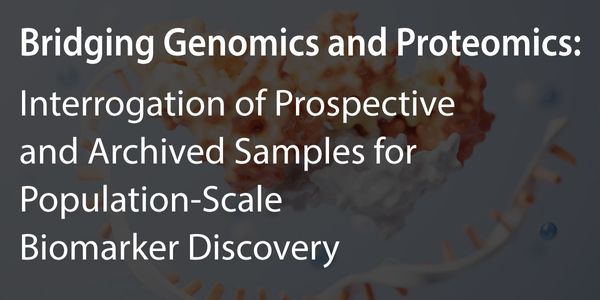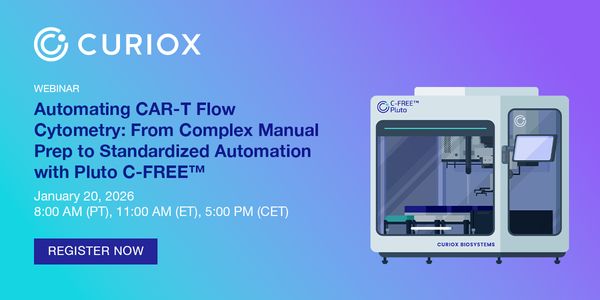Advances in Hydrogen-Deuterium Exchange Mass Spectrometry That Can Improve Studies of Biosimilars and Membrane Protein Drug Targets
-
Jeffrey Hudgens, PhD
Research Chemist, IBBR Fellow, Institute for Bioscience and Biotechnology Research, BioProcess Measurements Group, Biomolecular Measurement Division, National Institute of Standards and TechBIOGRAPHY
Hydrogen-deuterium exchange mass spectrometry (HDX-MS) has developed into a powerful tool for investigating biopharmaceuticals, protein interactions, and membrane protein dynamics. Since 2010 HDX-MS data has helped substantiate and protect >110 US patents. Increasingly, biopharma companies provide HDX-MS data to support their biologics license applications (BLAs). However, for HDX-MS to emerge as a tool for quality control and similarity evaluations of biotherapeutics, an understanding of HDX-MS reproducibility is needed. NIST has determined the precision of bottom-up HDX-MS (Figure 1) by the analysis of 78,900 peptide measurements from 15 laboratories. We have also developed improvements to HDX-MS methodology, including automated measurements of membrane protein drug targets and chromatography instrumentation, operating at -30 oC, that improves HDX-MS measurements by arresting back-exchange.
Learning Objectives:
1. An interlaboratory comparison involving 15 laboratory cohort has established reproducibility of HDX-MS, facilitating its use in commerce.
2. NIST has developed a method that allows automated HDX-MS studies of membrane proteins, which comprise 60% of all drug targets.
3. Chromatography at -30 oC reduces H for D back-exchange to 5 %, which improves the D-uptake measurement by 3x to 10x.
Advances in Hydrogen-Deuterium Exchange Mass Spectrometry That Can Improve Studies of Biosimilars and Membrane Protein Drug Targets
Please update your information
Certificate of Participation
DOWNLOAD CERTIFICATE






